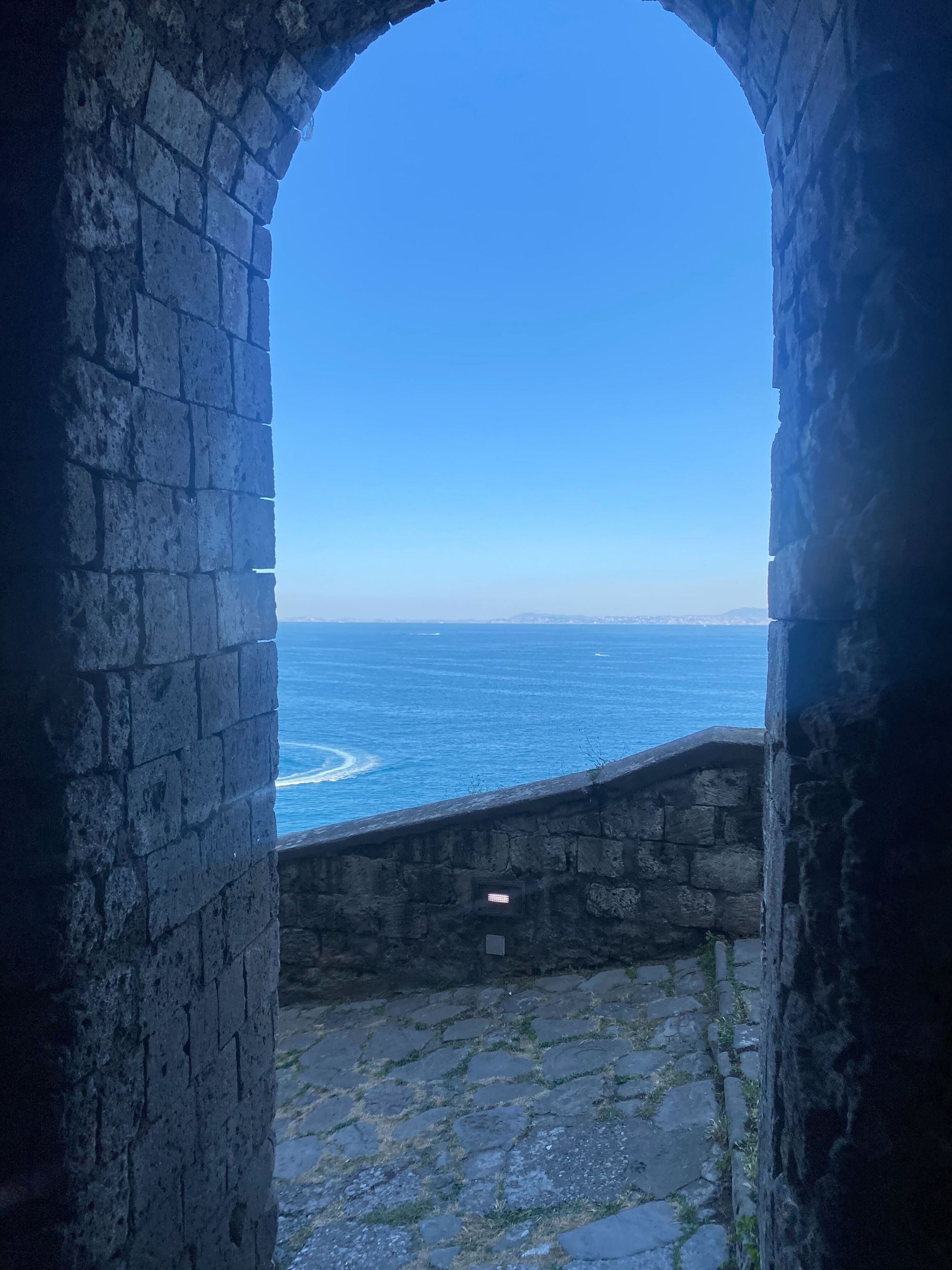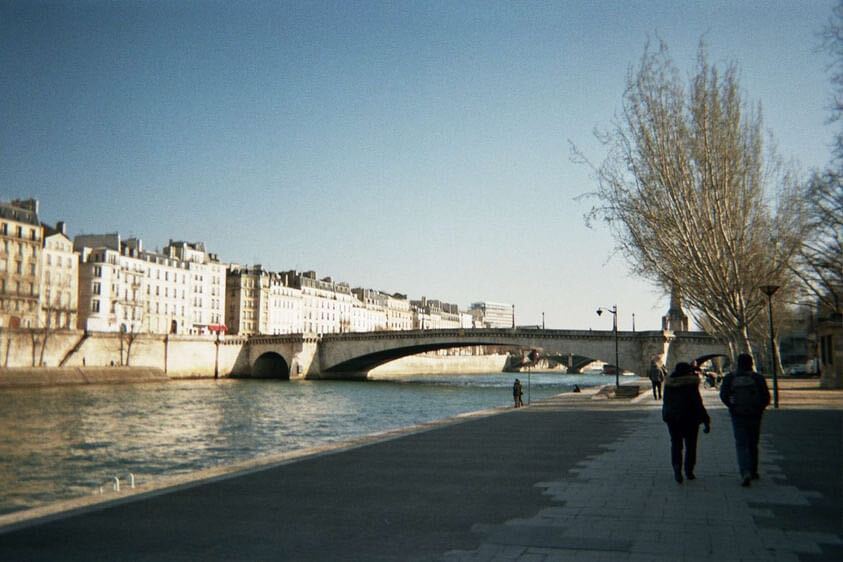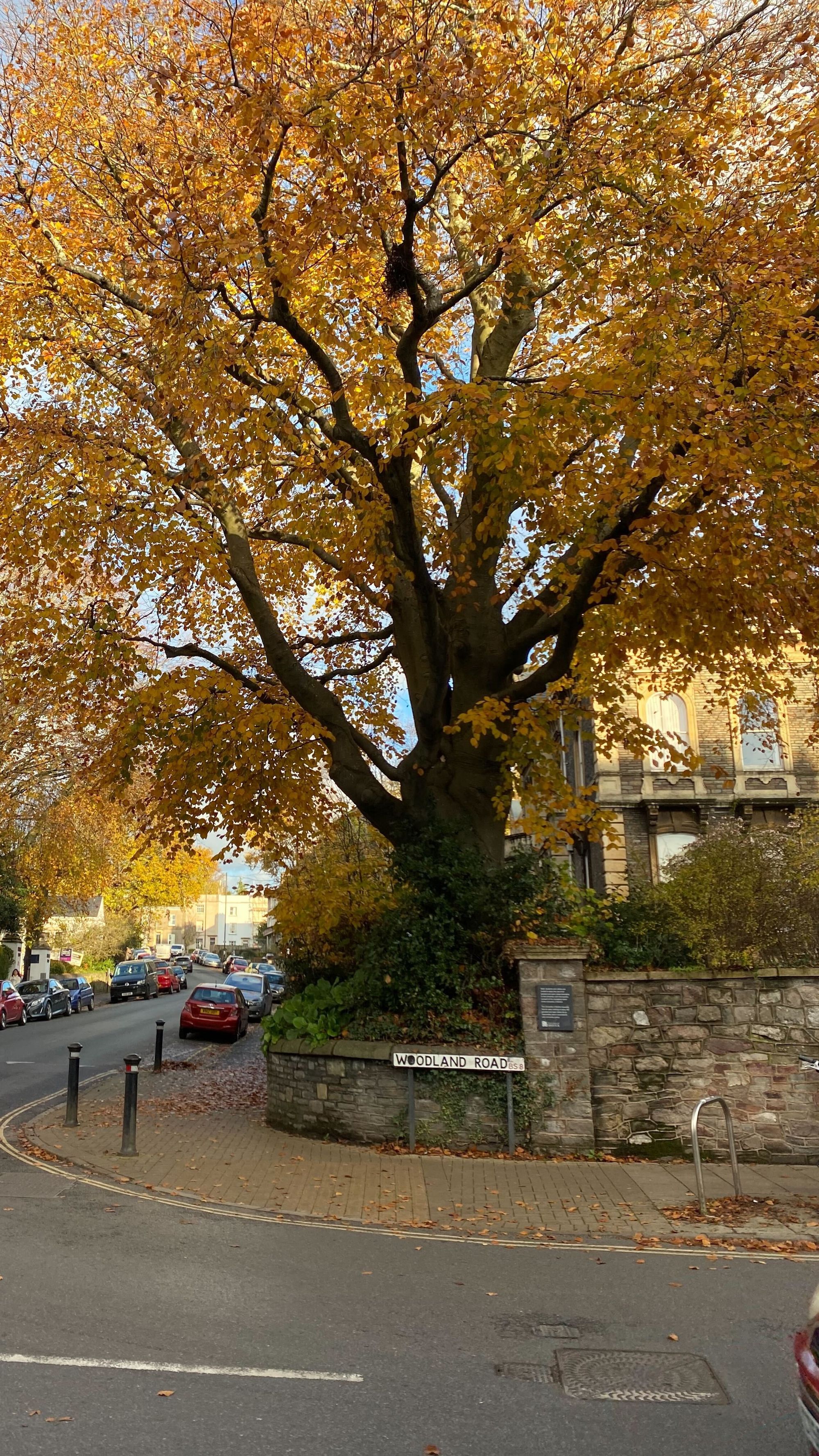By Tara Bell, UG English
The Croft Magazine // Now that we have begun our new academic year, Tara Bell encourages us to explore new green and blue spaces in Bristol. Through sharing pieces of inspirational literature and experiences of studying in Paris, Bell reminds us to be at one with the nature that is around us and within us.
https://spotify.link/VfkY4GGBBDb
I often say that no matter where I choose to live in my life, I must be near a park and a body of water. Coincidentally, in my first year at Bristol I stayed in the Riverside accommodation block, and my favourite walk was through Queens Square, past Society Café and Lloyds Amphitheatre, to the jetty on the water’s edge. Sitting on the jetty, your body moves in tandem with the waves; almost like you are floating on the water, it takes you up and down and side to side, pulling you into its evermoving tides.

September is a time filled with uncertainty and movement, and I think that blue spaces can teach us a lot about dealing with change. At the start of this year, I spent a semester studying in Paris, and one thing that I learnt in these six months is that the parts of life that seem like nothing more than a vast unfamiliar expanse, are often the best parts. We just have to flow with it, and trust that it will take us to where we want to go, just like how the jetty surrenders to the ebbing and flowing of the river.

Before I moved, my dad gave me Siddhartha by Herman Hesse, telling me to read it if I was ever missing home. This beautiful novel follows a young man’s spiritual journey towards enlightenment, and the lessons and pitfalls he encounters along the way. There is a moment in the novel where Siddhartha is in a pit of despair, until he finds himself gazing lovingly into the “flowing water, into the transparent green, into the crystal lines of its wonderful design”, noticing that “the water continually flowed and flowed and yet it was always there; it was always the same and yet every moment it was new.” The river showed him the transitory nature of his existence, that change is inevitable and all he can do is choose to follow it. Only the present exists for the river; it flows everywhere all at once, unaffected by the dark shadow of the future. Sitting under an oak tree, and gazing into these soft, watery depths, Siddhartha learnt to be “in harmony with the stream of events, with the stream of life, full of sympathy and compassion, surrendering himself to the stream, belonging to the unity of all things”. Nature was calling him to rest in its open heartspace.

One cold February morning in France, when everything seemed so strangely new and my presence felt a little tenuous – not a tourist, but not yet a local – I sat by the Seine, listening to the faint whispers of the waves softly unfurling themselves, reading A Thousand Mornings by Mary Oliver. In ‘Poem of The One World’, she writes,
‘This morning / the beautiful white heron / was floating along above the water / and then into the sky of this / the one world / we all belong to / where everything / sooner or later / is a part of everything else / which thought made me feel / for a little while / quite beautiful myself.’

For a few days I had felt as if I had been living in a kind of fog, and I couldn’t seem to see further than five feet in front of me. But this poem told me that we are all just like rippling water, floating through this absurdly beautiful existence. We are a part of something so much larger. So, in September, which is filled with so many new spaces to fill and people to know, take some time to sit in one of Bristol’s beautiful parks – Brandon Hill might be my favourite – and listen to the trees waving delicately. Because within the strict confines of a working schedule, or even our own minds, we sometimes forget to breathe. We forget to recognise the beauty of the trees in us.
| Feature Image: Poppy Milburn |









